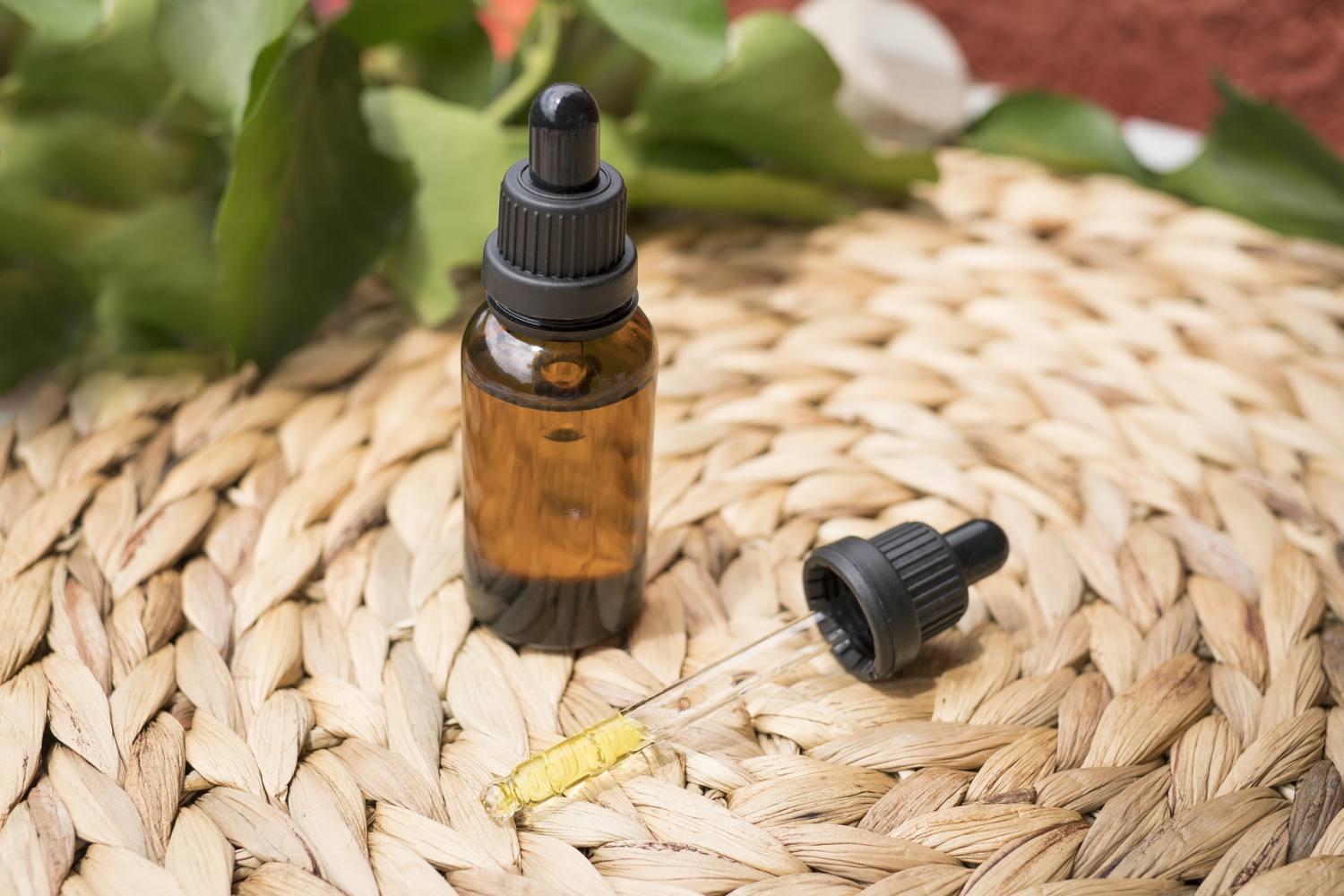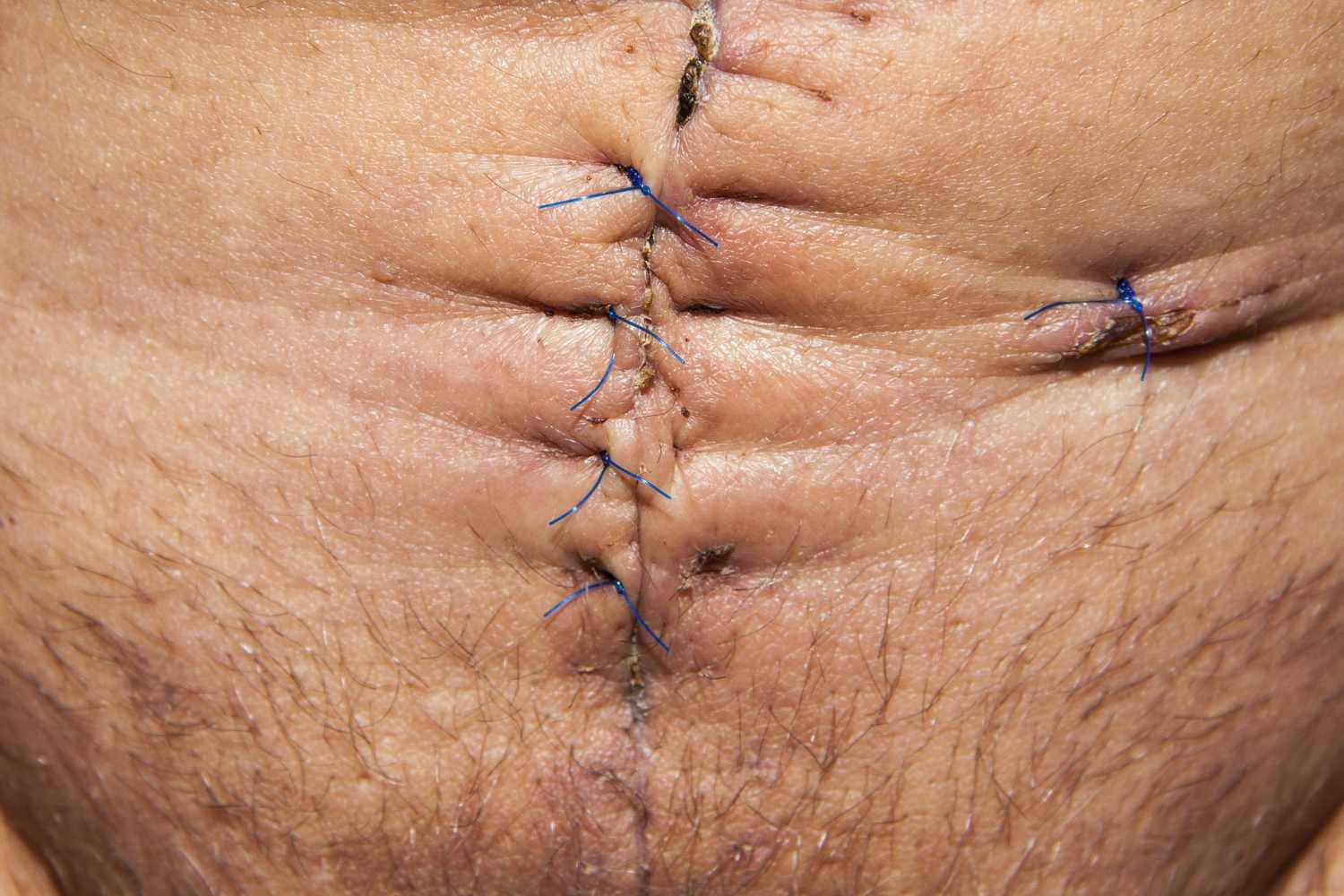5 Facts You Should Know About CBD
Cannabidiol or CBD has become a very popular alternative to marijuana. It has proven to help people with epilepsy and many report decreased anxiety, pain and more when they take CBD. Also, CBD products cannot contain more than 0.3% of tetrahydrocannabinol (THC), the compound in marijuana responsible for making you “high.” For now, it seems like CBD is a safe and legal alternative to marijuana.
There are, however, still concerns associated with the chemical and products derived from it. CBD only became legal in the United States during 2018 when hemp became legal again, so we’ve not had much time to research its effects fully. For five concerns about CBD, read on.
5 Facts You Should Know About CBD
Side Effects CBD’s side effects tend to come only at high doses. Make sure to start with a low dose and work your way up. If you tend to experience one or more of these side effects at any dosage level, CBD may not be for you. CBD’s side effects include appetite changes, fatigue, weight loss, dizziness, and diarrhea. You may also experience a funny “uplifted” feeling, but don’t worry. You’re not high, you’ve just had too much CBD.
Unknowns According to FDA.gov, there are some things about CBD we just don’t know. We have only been taking and researching CBD for a couple years and solid scientific research takes much longer than that. Some unknown questions, according to FDA.gov, are “What happens if you take CBD daily for sustained periods of time? What level of intake triggers the known risks associated with CBD? How do different methods of consumption affect intake (e.g., oral consumption, topical, smoking or vaping)?
What is the effect of CBD on the developing brain (such as on children who take CBD)?” These are valid questions you should be aware have no solid answer. Experiment at your own risk, AND always use caution. It is also a great idea to consult a medical professional before using CBD to treat a mental or physical illness.
Concerns for Pregnant Mothers Taking CBD We do not know how CBD effects a developing child or fetus. Pregnant mothers should use caution before putting anything into their body because it will be shared with their developing child. It’s not that CBD is assured to hurt a growing fetus, it’s that we just don’t know. We don’t have enough research.
How Does CBD React With Other Prescription Drugs? If you are on prescription drugs or even over-the-counter drugs, you need to stay in touch with your doctor before adding or taking away any chemicals. CBD’s reactions with other drugs is another unknown because we have not had enough time to study it. There are not reported cases reporting of detrimental effects from combining CBD with other drugs, but there is not solid science to say it doesn’t happen, either.
Other Potential Harms WebMD also reports that CBD has caused male reproductive toxicity in some animals (damage to fertility in males or male offspring of women who have been exposed), but we don’t know if it will do the same to humans. CBD can also cause liver injury, drowsiness and sedation when used in combination with alcohol or other downers, gastrointestinal distress (diarrhea and/or decreased appetite), and changes in mood (usually irritability and agitation).
As with all things, moderation and keeping your doctor informed are a great help. Don’t take high CBD doses unless you know it will be alright. Use caution because the hard science on a lot of questions involving CBD is out. That all being said, though, most people report CBD to be a mild relaxer, free of negative side effects.
The ultimate judge is you. The National Institute of Drug Abuse found that up to 29% of patients who are prescribed opioid medication misuse or abuse them. And, in an age where prescription medication and surgical intervention appear to be the “norm,” many are turning to alternative medicine instead.
Cannabinoids, along with CBD products and marijuana (both legal and medicinal), are rapidly growing in popularity for this reason. A Gallup Survey found that 1 in 7 Adults Use CBD Products (https://www.usnews.com/news/health-news/articles/2019-08-08/1-in-7-adults-use-cbd-products-gallup-survey-finds). What exactly are cannabinoids and what do they do?
5 Facts You Should Know About CBD
What are Cannabinoids? Cannabinoids originated from the Cannabis plant, the same plant where hemp and marijuana come from. A cannabinoid is considered a chemical or a compound that interacts with the endocannabinoid system within the body.
As of now, researchers have discovered over 60 cannabinoids. The more common ones include THC, which is the active ingredient in marijuana that produces psychoactive effects, and cannabidiol, an ingredient known to calm and soothe the body’s nervous system. It’s important to note that not all cannabinoids will get you high.
What They Do & How They Work When cannabinoids enter your body, the first system they interact with is something called the “endocannabinoid system.” This is where they bind to the cannabinoid receptors in your brain as well as in your immune system.
Cannabinoids are known to reduce the activity level of neurons within your body. As a result, Future Medicinal Chemistry states that your pain pathways are inhibited, inflammation is less likely, and your nervous system is calmed to an extent.
Cannabinoids & Medicinal Benefits Given these recorded benefits and further ongoing research, there’s great potential for cannabinoids to be used in the treatment of many health conditions. According to the National Center for Complementary and Integrative Health, the conditions and/or symptoms that cannabinoids may be useful for include:
Cancer, HIV & AIDS (i.e. Reduced vomiting/nausea, increased appetite, and weight gain) Epilepsy (i.e. Lower risk of seizures, reduced frequency of seizures) Multiple Sclerosis & Arthritis (i.e. Less joint and nerve pain, greater mobility) Lower dependence on opioids Reduced severity of anxiety, PTSD, and sleeping problems Fewer digestive issues (IBS, specifically)
Most of the research into cannabinoids is still in the preliminary stages. That means you may want to consult with your doctor before adding this substance to your treatment regimen.
Possible Risks & Dangers Though research is still underway into the benefits of using cannabinoids, there have been reported risks and dangers that come along with use. These side effects are considered rare, but they are something you should think about before using cannabinoids. Take a look at the possible risks and dangers according to Neurotherapeutics.
Increased risk of tachycardia (heart rate 100 beats per minute or higher) Higher blood pressure Greater risk of both prostate and cervical cancer Risk of suppressing your immune system Reduced amounts of slow-wave sleep and lower sleep quality Impaired memory, thinking, and attention
It’s important to understand that there is a lot of opposing research related to the side effects. For example, some studies have shown that cannabinoids suppress the immune system while others are known to strengthen it. So, there’s no telling whether you’ll have a good or bad experience with these substances.
Cannabinoids have great potential in the medical world, but it’s important to realize that these substances and products aren’t a cure by any means. There have yet to be conclusive studies that prove cannabinoids to be successful one way or another the majority of the time. Discuss the risks and benefits with your doctor before beginning use of these products.
Related Home Remedy Searches:
how to extract cbd from cannabis, cbd oil for dog seizures, cbd hemp oil seizures, cannabidiol oil for seizures, cbd rich hemp oil, can cbd oil get you high, cbd oil vs hemp oil, cbd oil, what is CBD, is CBD safe, What does CBD do,Will CBD help with chronic pain, cbd remedy,
Read Also: https://homeremediesapp.com/why-is-cbd-oil-so-beneficial-for-inflammation/












